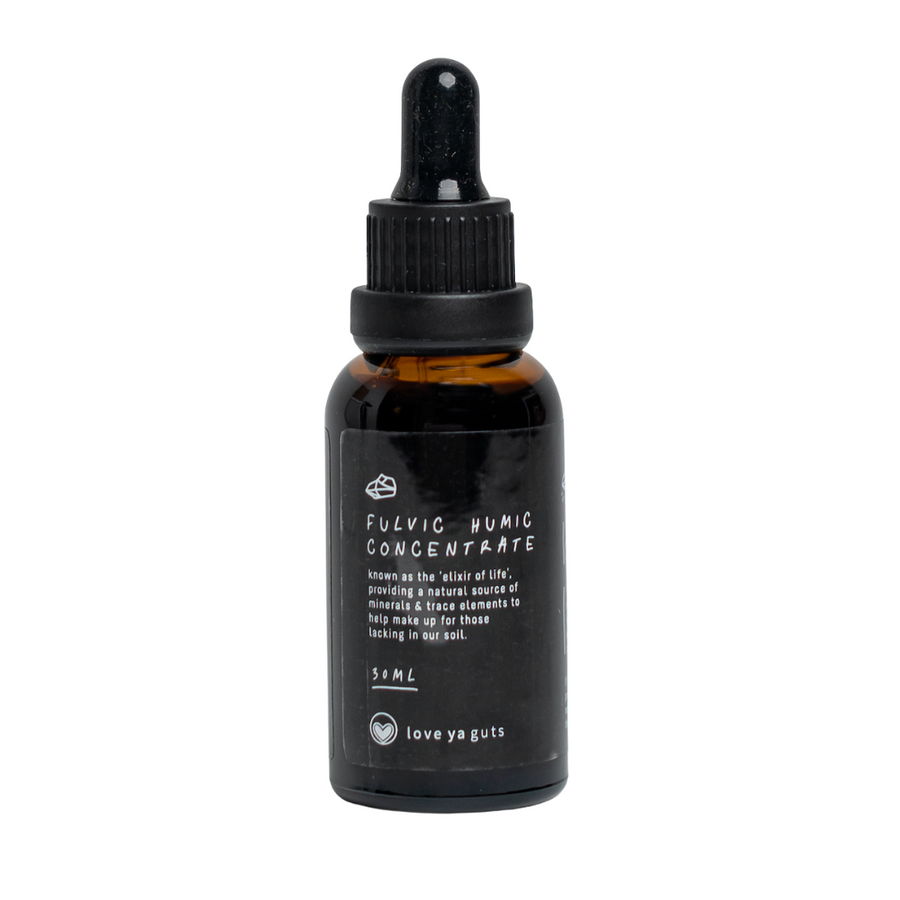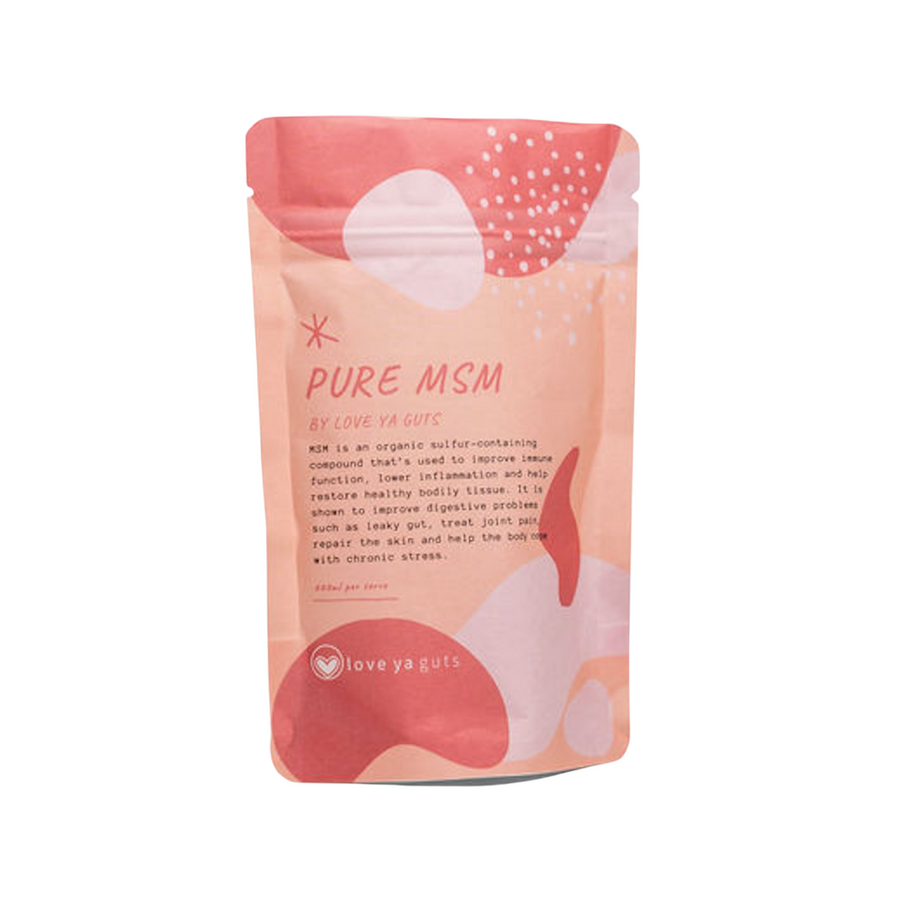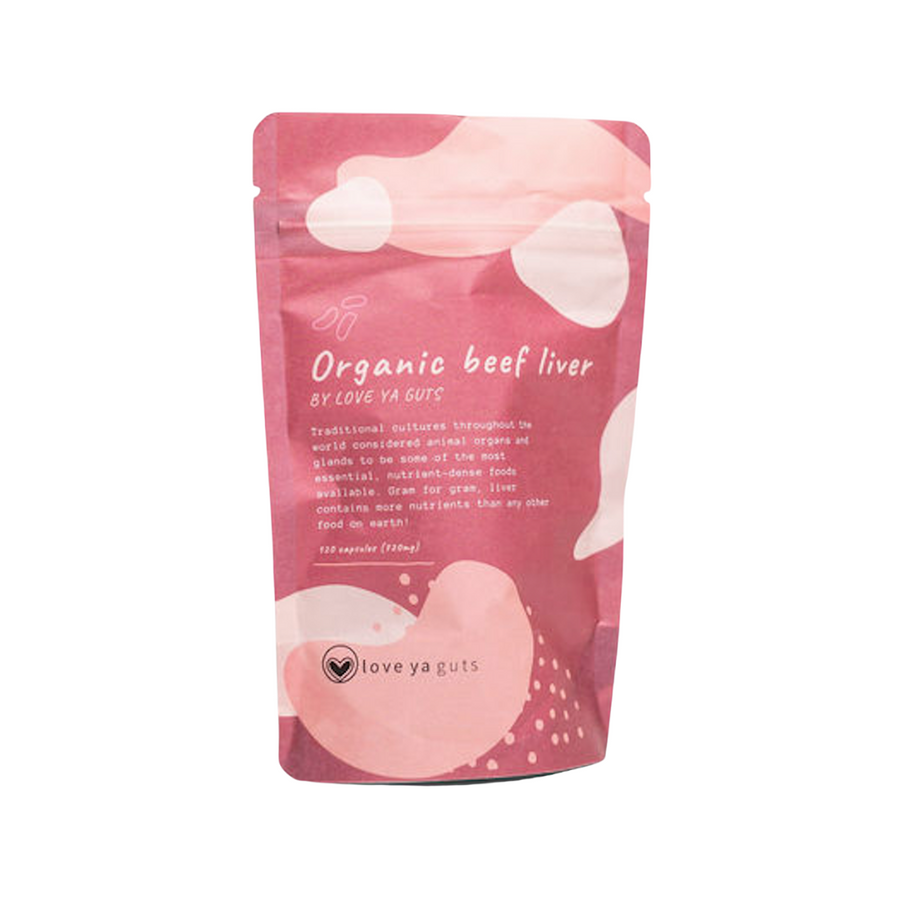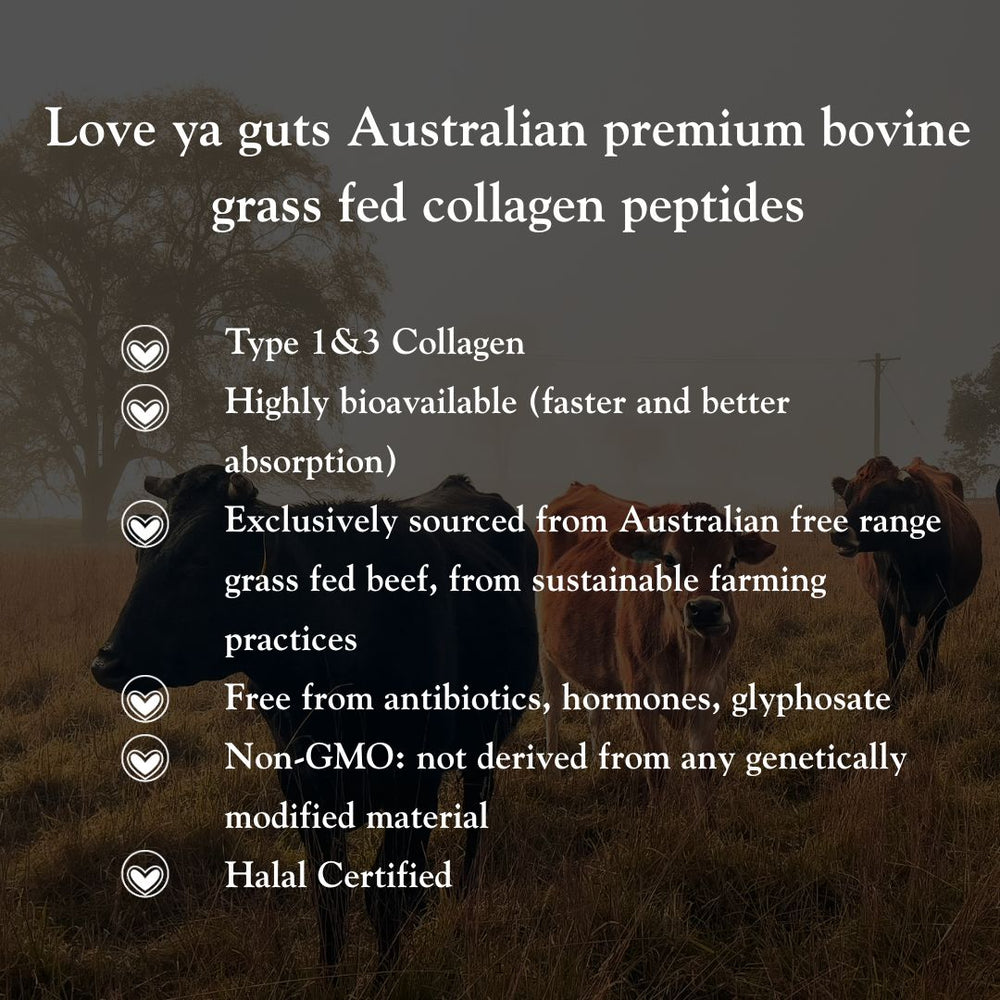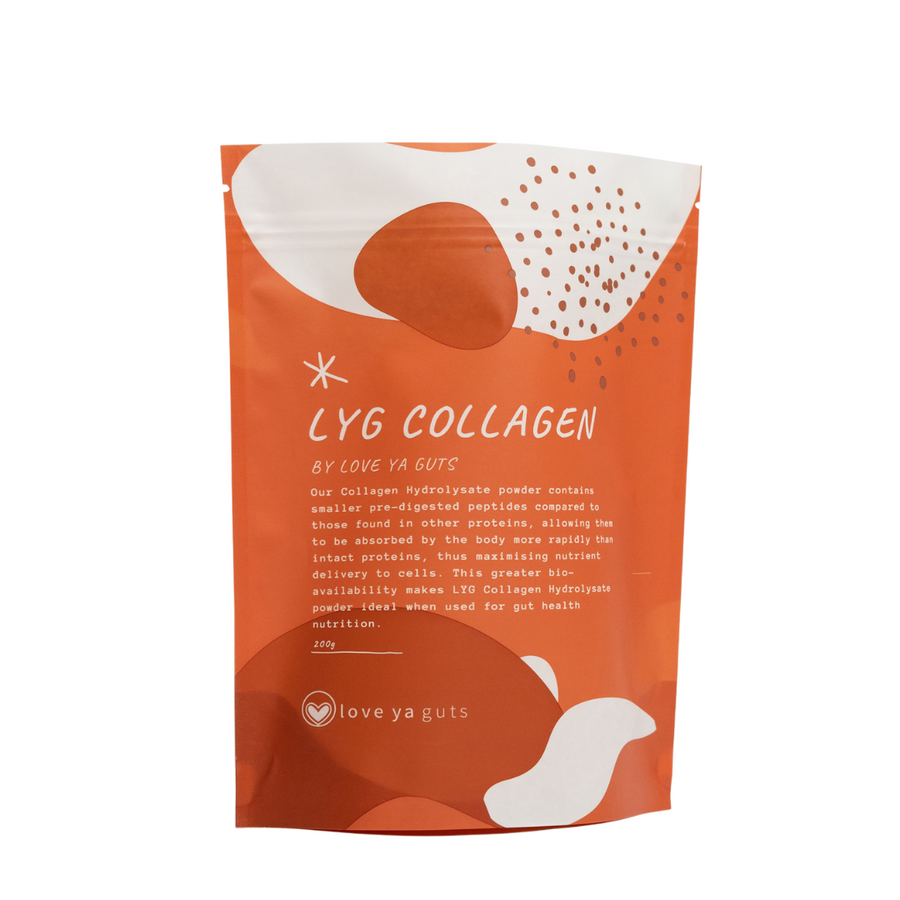How Pesticides in Food Can Affect Gut Health: 7 Ways Backed by Science
How Pesticides in Food Can Affect Gut Health: 7 Ways Backed by Science
Pesticides are commonly used in modern agriculture to increase crop yields, but research shows that these chemicals can be harmful to human health. Exposure to pesticides in food can lead to a variety of health problems, particularly when it comes to gut health. Here are 7 ways that pesticides in food can affect gut health, backed by scientific studies.
-
Alteration of Gut Microbiome:
Pesticides can alter the composition of gut microbiota, leading to imbalances that can contribute to inflammation, metabolic disorders, and other health problems. A study published in Environmental Science and Pollution Research found that mice exposed to glyphosate, a common pesticide, had reduced microbial diversity in their gut. Another study published in Frontiers in Microbiology showed that exposure to neonicotinoids, a class of insecticides, altered the gut microbiota of honey bees. -
Increased Intestinal Permeability:
Pesticides can increase intestinal permeability, allowing harmful substances to leak into the bloodstream and trigger an immune response. A study published in Food and Chemical Toxicology found that mice exposed to a mixture of pesticides had increased intestinal permeability, as well as elevated levels of inflammatory cytokines. Another study published in Environmental Health Perspectives found that exposure to the insecticide chlorpyrifos increased intestinal permeability in children, potentially contributing to the development of allergic or autoimmune diseases. -
Impaired Digestive Function:
Pesticides may impair digestive function, leading to symptoms such as bloating, gas, and constipation. A study published in Environmental Research found that workers exposed to organophosphate pesticides had reduced cholinesterase activity, an enzyme important for digestive function. Another study published in the International Journal of Environmental Research and Public Health found that farmers exposed to pesticides had a higher prevalence of gastrointestinal symptoms. -
Inflammation:
Pesticides can contribute to inflammation in the gut, which is associated with a wide range of health problems, including autoimmune diseases, metabolic disorders, and even depression. A study published in the Journal of Immunotoxicology found that exposure to the herbicide 2,4-D increased markers of inflammation in the gut of mice. Another study published in the Journal of Agricultural and Food Chemistry found that exposure to the fungicide trifloxystrobin increased levels of inflammatory cytokines in human intestinal cells. -
Disruption of Hormonal Balance:
Pesticides have been shown to disrupt hormonal balance, which can have a wide range of effects on health, including reproductive problems, thyroid dysfunction, and even cancer. A review published in the Journal of Steroid Biochemistry and Molecular Biology found that endocrine-disrupting chemicals, including some pesticides, can interfere with the body's hormonal signaling pathways. Another study published in Environmental Science and Pollution Research found that exposure to pesticide residues was associated with an increased risk of male infertility. -
Harmful Effects on Children:
Pesticides may be particularly harmful to children, who are still developing and more vulnerable to environmental toxins. A study published in Environmental Health Perspectives found that prenatal exposure to organophosphate pesticides was associated with a lower IQ in 7-year-old children. Another study published in Neurotoxicology and Teratology found that prenatal exposure to bisphenol A and phthalates, two classes of chemicals commonly found in pesticides and plastics, was associated with altered neurobehavioral outcomes in infants. -
Increased Risk of Chronic Diseases:
The gut microbiome plays a crucial role in maintaining overall health, and alterations to the gut microbiome caused by pesticide exposure may increase the risk of chronic diseases. Studies have linked pesticide exposure to an increased risk of conditions such as obesity, metabolic disorders, and even certain types of cancer. One study found that glyphosate exposure may disrupt the gut microbiome and lead to the development of non-alcoholic fatty liver disease, a condition that can progress to cirrhosis and liver cancer. Another study suggests that exposure to organophosphate pesticides may contribute to the development of inflammatory bowel disease. By reducing exposure to pesticides in food, we may be able to reduce the risk of these and other chronic diseases associated with gut dysbiosis.
Pesticides in food can also contaminate the environment by polluting water and soil. This can harm wildlife and other non-target organisms, as well as negatively impact the quality of food crops.
To protect your gut health from the harmful effects of pesticides in food, you can take the following steps:
- Choose organic produce whenever possible
- Wash fruits and vegetables thoroughly before eating
- Avoid processed foods, which often contain high levels of pesticides
- Support organic farming practices that minimize pesticide use
In conclusion, pesticides in food can harm your gut health in multiple ways. By taking steps to reduce your exposure to pesticides and support organic farming practices, you can protect your gut microbiome and promote overall health.
References
Toxicology and Microbiota: How Do Pesticides Influence Gut Microbiota? - https://www.ncbi.nlm.nih.gov/pmc/articles/PMC8196593/
The Role of Intestinal Permeability in Gastrointestinal Disorders and Current Methods of Evaluation - https://www.ncbi.nlm.nih.gov/pmc/articles/PMC8427160
The Honeybee Gut Microbiota Is Altered after Chronic Exposure to Different Families of Insecticides - https://www.ncbi.nlm.nih.gov/pmc/articles/PMC6759349/
Organochlorine pesticides, their toxic effects on living organisms and their fate in the environment https://www.ncbi.nlm.nih.gov/pmc/articles/PMC5464684/
Molecular and cellular effects of food contaminants and secondary plant components and their plausible interactions at the intestinal level https://www.sciencedirect.com/science/article/pii/S0160412023000946
Endocrine-Disrupting Chemicals: An Endocrine Society Scientific Statement
https://www.ncbi.nlm.nih.gov/pmc/articles/PMC2726844/
Prenatal Exposure to Bisphenol A and Phthalates and Infant Neurobehavior
https://www.ncbi.nlm.nih.gov/pmc/articles/PMC3183357/
Discover How Love Ya Guts Box Can Help Transform Your Gut Health
- Get to the root cause of bloating rather than just treating symptoms
- Improve your mood and mental health
- Soothes the stomach and assist with issues such as IBS symptoms so you can feel comfortable within your body
- Get rid of sugar cravings
- Boosts your metabolism & control blood sugar to make weight loss almost effortless
- Balance hormones so your body can function how it was meant to but also help with having a balanced mood













